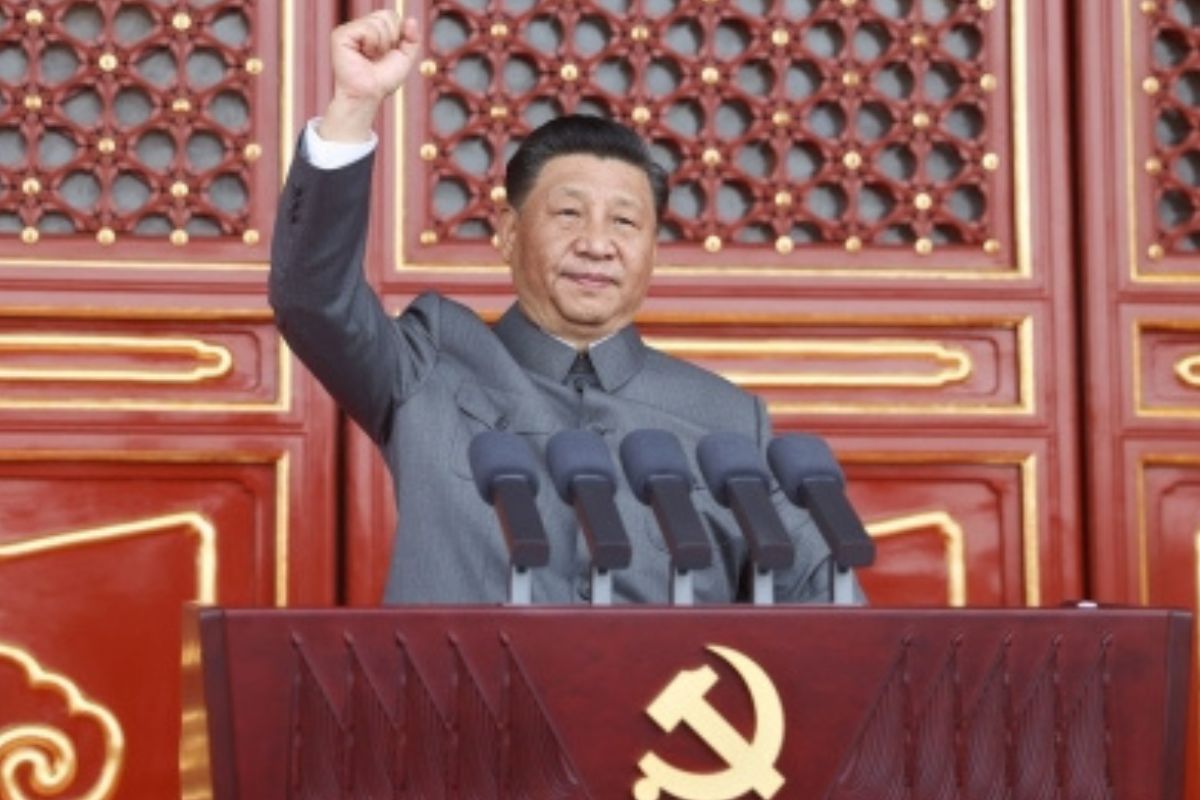Archery World Cup : Indian men’s recurve team wins gold . Deepika Kumari bags silver
India also clinched the mixed team recurve bronze as Ankita Bhakat and Dhiraj finished the meet with eight medals - five gold, two silvers and one bronze.
In the complex theatre of global politics, Xi Jinping’s China stands as a self-assured protagonist, asserting its vision of a multipolar world with a conviction that borders on swagger.

Xi Jinping president of China (Photo: IANS)
In the complex theatre of global politics, Xi Jinping’s China stands as a self-assured protagonist, asserting its vision of a multipolar world with a conviction that borders on swagger. The narrative woven by Chinese diplomats paints a picture of a nation guided by “extraordinary political wisdom” and a commitment to a pragmatic, interest-driven foreign policy. Yet, beneath this veneer of confidence lurks a more nuanced reality, one that raises questions about the sustainability of China’s geopolitical ascendancy. At the heart of China’s narrative is a deliberate contrast with the perceived chaos and moral posturing of Western democracies.
The Chinese leadership, under Mr Xi, presents itself as a beacon of stability, prioritising cold, calculated interests over what they dismiss as the West’s idealistic fixation on universal values. In doing so, they position China as a reliable mediator in global affairs, emphasising trade, security, and a non-judgmental approach to governance ~ a stark departure from the purportedly emotional reactions of Western politicians. Mr Xi’s recent addresses and diplomatic encounters are marked by an unmistakable confidence, a belief that history’s arc is bending in China’s favour.
The narrative unfolds with anecdotes of historical crises turned into opportunities, with an underlying message that China’s rise is inexorable. However, a closer examination reveals potential fault lines in this narrative. China’s disdain for American-led defence alliances, manifested in its opposition to NATO, is presented as a commitment to “true multilateralism.” This approach seeks a world order where major powers, including China, have veto power over international interventions. While this may resonate with some developing nations, it raises principled concerns about providing undue impunity to aggressors. Furthermore, the narrative largely sidesteps economic challenges. In the absence of explicit economic promises during recent foreign affairs conferences, we must question whether China’s geopolitical ambitions could be curtailed by a slowing economy.
Advertisement
The correlation between diplomatic success and ambitious economic targets, explicitly mentioned by Mr Xi in 2014, suggests that economic headwinds could dampen China’s ability to stride confidently on the world stage. The juxtaposition of China’s confidence in the face of Western decline, and its acknowledgment of a rising East, introduces a critical element of uncertainty. While China boasts of its orderly response to the Covid19 pandemic compared to Western chaos, it fails to escape the broader economic trends that could pose challenges to its own narrative of a rising East.
As we navigate this evolving geopolitical landscape, it becomes apparent that China’s confidence may rest on a fragile foundation. While it positions itself as a champion of equality and stability, economic realities and the potential consequences of an introspective America could reshape the narrative. History’s arc, as Marxists should acknowledge, is not a one-way trajectory. It can bend back, posing a substantial test for China’s vision of a multipolar world and its ability to navigate the complexities that lie ahead.
Advertisement